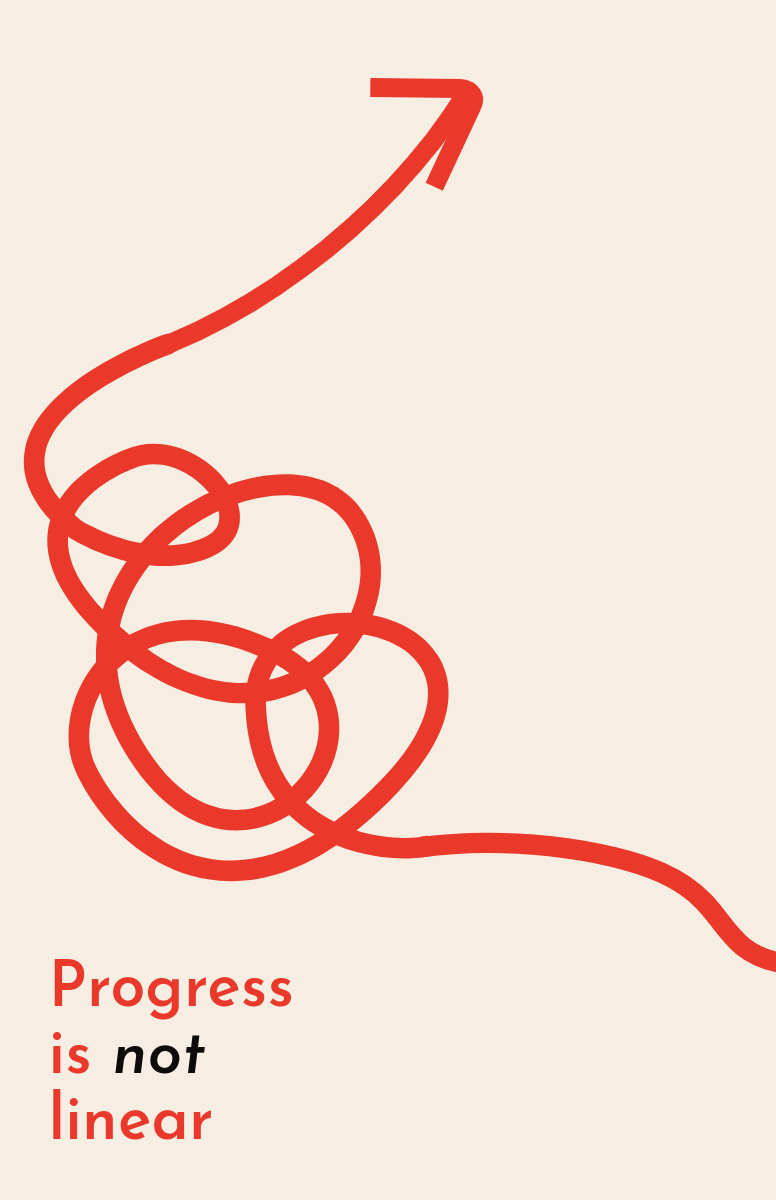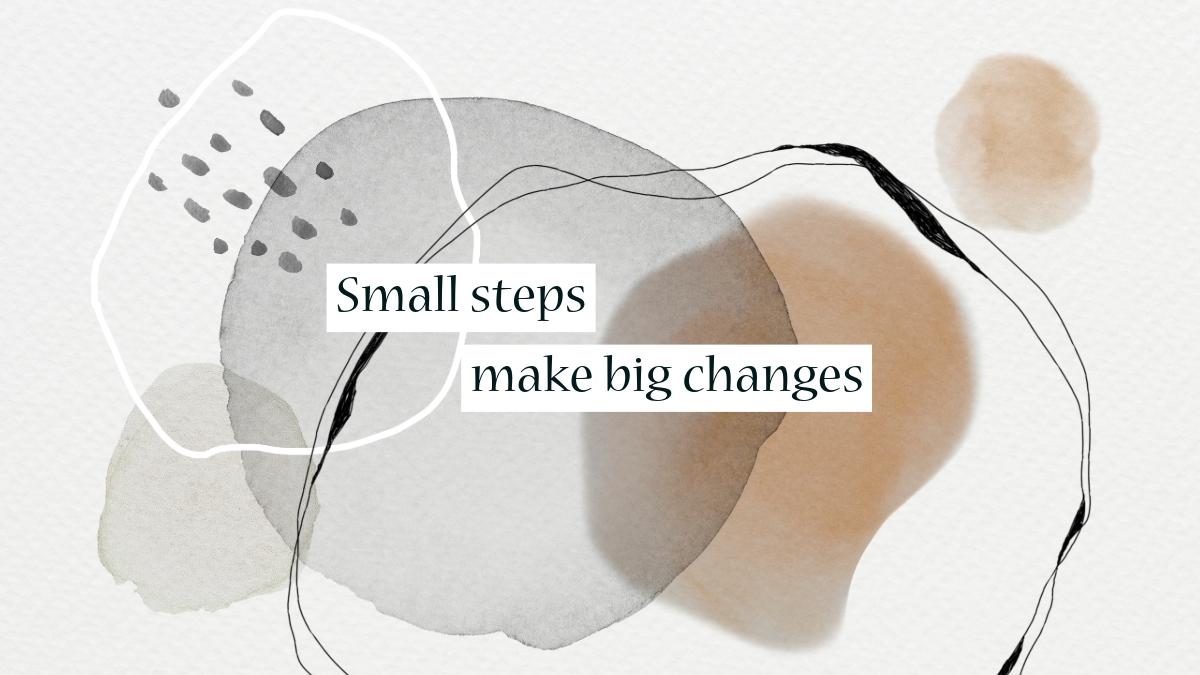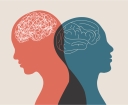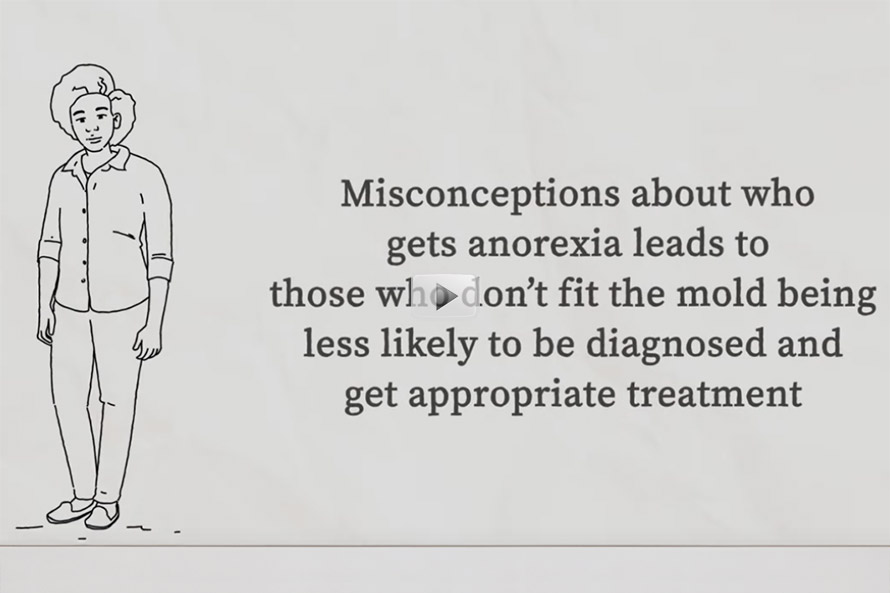A Support Guide for Anorexia Nervosa

Helping Without Harming: A Support Guide for Anorexia Nervosa
Supporting someone with Anorexia Nervosa can be both challenging and rewarding. It requires a delicate balance of compassion, understanding, and awareness to avoid unintentionally causing harm while striving to help.
By understanding the unique struggles faced by individuals with Anorexia and adopting a non-judgmental, informed approach, we can contribute to their recovery journey in a way that fosters trust, respect, and genuine care.
Understanding Anorexia Nervosa
According to the DSM-5, Anorexia Nervosa is defined as an eating disorder characterized by a restriction of energy intake relative to requirements, leading to a significantly low body weight in the context of age, sex, developmental trajectory, and physical health.
Kaplan and Sadock's Synopsis of Psychiatry further explains that individuals with Anorexia Nervosa may engage in behaviors like excessive dieting, fasting, or exercising to maintain an extremely low weight. It divides the condition into two subtypes:
- Restricting type: where weight loss is achieved through extreme dieting or exercise,
- Binge-eating/purging type: where individuals engage in binge eating followed by purging behaviors like vomiting or misuse of laxatives.
It's important to recognize that Anorexia Nervosa is not simply about food or weight but is often a way for individuals to cope with more profound emotional pain or a perceived lack of control. It is a complex mental health condition that requires empathy, understanding, and comprehensive support.
Giving Empathy and Compassion
The Importance of Empathy and Compassion when supporting someone with Anorexia Nervosa cannot be overstated.
Anorexia is a deeply personal struggle that often involves intense feelings of fear, shame, and inadequacy. Those affected may already face significant internal criticism and societal judgment, making them feel isolated and misunderstood. Empathy and compassion serve as bridges that can help break through these emotional barriers and foster a connection built on trust and understanding.
Empathy and compassion also mean recognizing that recovery is not linear.

It's about being there during successes and the setbacks, without expressing frustration or disappointment. These values encourage a supportive relationship where the individual feels seen, heard, and respected, which can significantly enhance their motivation for recovery and their willingness to seek professional help. Ultimately, an empathetic and compassionate approach helps create an environment in which the person with Anorexia feels understood and cared for, laying a crucial foundation for their healing journey.
Do's and Don'ts of Helping
By following these do's and avoiding the don'ts, you can provide meaningful and sensitive support that respects the individual's journey and encourages recovery without adding additional pressure or harm.
Do's:
- Listen Actively and Non-Judgmentally: Create a safe space where the person feels comfortable opening up. Show empathy by listening without interrupting or offering immediate solutions. Use reflective language to show you understand their feelings.
- Educate Yourself: Learn about Anorexia Nervosa, its symptoms, and the challenges involved in recovery. Understanding the condition can help you respond appropriately and avoid unintentionally causing harm.
- Encourage Professional Help: Suggest seeking the support of healthcare professionals like therapists, dietitians, or physicians, and provide emotional support throughout their treatment journey. Professional intervention is crucial for long-term recovery.
- Be Patient: Recovery is a slow, often non-linear process. Celebrate small victories, and be prepared for setbacks. Patience is key to providing lasting support, as progress may only sometimes be visible.
- Set Boundaries and Practice Self-Care: Supporting someone with Anorexia can be emotionally demanding. Ensure you set healthy boundaries to protect your own well-being, and seek support when needed.

Don'ts
- Don't Comment on Appearance or Weight: Avoid any comments about weight, body shape, or physical appearance, whether positive or negative. Even well-meaning compliments can trigger anxiety or reinforce harmful behaviors.
- Don't Offer Simplistic Solutions: Avoid phrases like "just eat more" or "snap out of it." These oversimplify a complex mental health issue and can come across as dismissive of the person's pain and struggle.
- Don't Blame or Criticize: Avoid blaming the person for their condition or criticizing their behaviors. Eating disorders are not choices; they are serious mental health issues that require compassion and treatment.
- Don't Compare Them to Others: Avoid making comparisons to others with eating disorders or individuals who are in recovery. Everyone's experience is unique, and comparisons can lead to feelings of inadequacy or competition.
- Don't Assume It's a Phase: Anorexia Nervosa is not a temporary issue or a phase. It requires understanding, compassion, and often professional intervention to address the underlying problems.
Supporting someone with Anorexia Nervosa means understanding that recovery is a journey of many small, courageous steps. It's about showing up consistently with empathy, listening without judgment, and offering hope without pressure. While you may not have the power to change their struggle, you have the power to be a beacon of support and compassion that helps them find their own way. By embracing patience and showing love unconditionally, you help dismantle the walls of isolation and fear, reminding them that they are never alone on this journey—and that there is light at the end of the tunnel, no matter how dim it may seem right now.

Anorexia Nervosa Myths Video
SEARCH ARTICLES
advanced search tips examples: "Yoga Meditation" Therap* +Yoga +MeditationRecent Posts

Nov 27 2025
The Psychology Behind the Primacy Effect

Jun 24 2025
Microplastic Exposure: Bottled Water vs Tap

Jun 09 2025
Squats for aligning hips

Apr 29 2025
Creative Thinking

Jan 28 2025
How to talk to someone you disagree with

Jan 27 2025
Alcohol Causes Cancer

Jan 14 2025
The role of the Amygdala

Oct 04 2024
A Support Guide for Anorexia Nervosa

Jun 25 2024
Sleep better




